January 24 stands as one of history’s most eventful days, witnessing the rise and fall of empires, groundbreaking discoveries, and moments that shaped our modern world across centuries of human achievement.
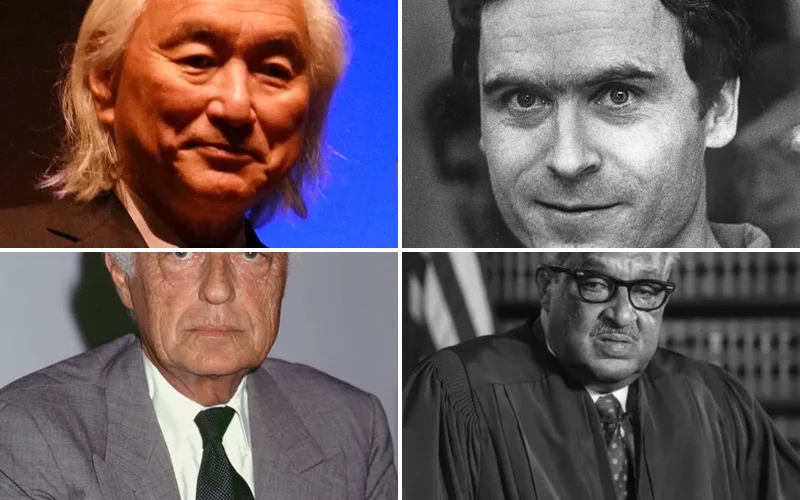
Politics and Government Events on January 24
1933 – 20th Amendment Ratified
The United States Constitution gained its 20th Amendment, fundamentally changing the transfer of presidential power. The amendment moved inauguration day from March to January, reducing the “lame duck” period between elections and transitions.
This constitutional change streamlined government operations and reduced political uncertainty during transitions. The amendment also clarified succession procedures, strengthening American democratic institutions for future generations.
1946 – UN Atomic Energy Commission Established
The United Nations General Assembly passed its first resolution creating the Atomic Energy Commission. This landmark decision aimed to control nuclear weapons proliferation in the post-war world.
The commission represented humanity’s first collective effort to manage atomic power’s dual nature. Member nations recognized that nuclear technology required unprecedented international cooperation and oversight.
1960 – Algerian Barricades Week Begins
European volunteers in Algiers launched a dramatic insurrection against French colonial policy. The rebels seized government buildings and battled local police forces throughout the week.
This uprising marked a critical turning point in Algeria’s independence struggle. The “barricades week” exposed deep divisions within French colonial administration and accelerated decolonization processes.
2003 – Department of Homeland Security Begins Operation
The United States Department of Homeland Security officially commenced operations following the September 11 attacks. This massive reorganization consolidated 22 federal agencies under one unified command structure.
The new department represented the largest government reorganization since World War II. Its creation fundamentally altered how America approaches national security and emergency preparedness.
Military and Naval History on January 24
1915 – Battle of Dogger Bank
British Grand Fleet battle cruisers under Vice-Admiral Sir David Beatty engaged German forces in the North Sea. The naval confrontation saw Rear-Admiral Franz von Hipper’s battle cruisers clash with superior British firepower.
The battle demonstrated British naval supremacy during World War I’s early years. This engagement helped secure Allied control of vital North Sea shipping lanes.
1942 – Bangkok Bombing Campaign
Allied forces launched devastating air raids against Bangkok, targeting Japanese military installations. The bombing campaign prompted Thailand’s government to formally declare war against the United States and United Kingdom.
The raids marked a significant escalation in the Pacific War theater. Thailand’s declaration aligned the nation firmly with Axis powers under Japanese influence.
1943 – Casablanca Conference Concludes
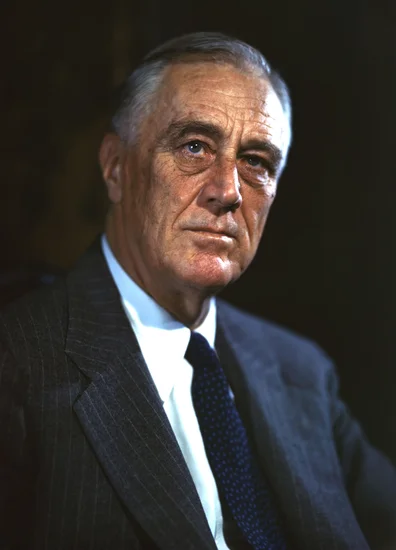
Franklin D. Roosevelt and Winston Churchill concluded their strategic meeting in Casablanca, Morocco. The conference established crucial Allied policies including the demand for unconditional surrender from Axis powers.
The meeting solidified Anglo-American cooperation for the war’s remainder. Leaders coordinated Mediterranean operations and planned the eventual invasion of Nazi-occupied Europe.
1968 – Operation Coburg Launched
The 1st Australian Task Force initiated Operation Coburg against North Vietnamese Army forces. Australian troops engaged Viet Cong units during intense fighting around Long Bình and Biên Hòa.
This operation demonstrated Australia’s significant commitment to South Vietnam’s defense. The engagement showcased Australian tactical expertise in jungle warfare conditions.
Science and Discovery Milestones on January 24
1986 – Voyager 2 Reaches Uranus
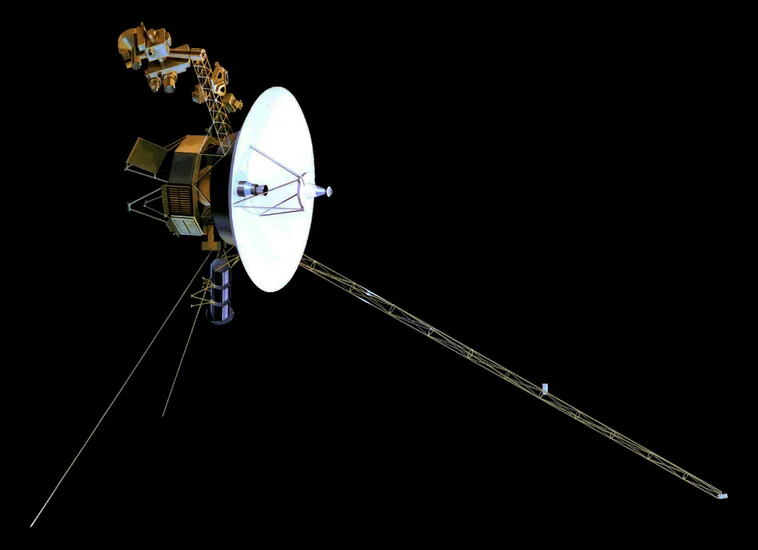
NASA’s Voyager 2 space probe achieved its closest approach to the mysterious planet Uranus. The spacecraft transmitted unprecedented images and data about the ice giant’s atmosphere and moons.
Scientists discovered new rings and moons around Uranus during this historic flyby. The mission expanded human understanding of our solar system’s outer planets dramatically.
1978 – Kosmos 954 Nuclear Disaster
Soviet satellite Kosmos 954 disintegrated in Earth’s atmosphere, scattering radioactive debris across Canada’s Northwest Territories. The nuclear-powered reconnaissance satellite created an international incident when only 1% of its dangerous materials were recovered.
The disaster highlighted the risks of nuclear-powered space missions. International protocols for space debris and nuclear materials in orbit were subsequently strengthened.
1990 – Japan Launches Hiten Lunar Probe
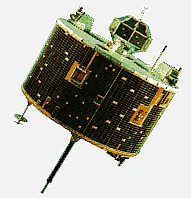
Japan successfully launched Hiten, becoming the third nation to send a robotic mission to the Moon. The probe marked Japan’s emergence as a major space exploration power.
Hiten represented the first lunar mission by any nation other than the Soviet Union or United States. This achievement demonstrated Japan’s growing technological capabilities in space exploration.
1972 – Japanese Soldier Discovered in Guam
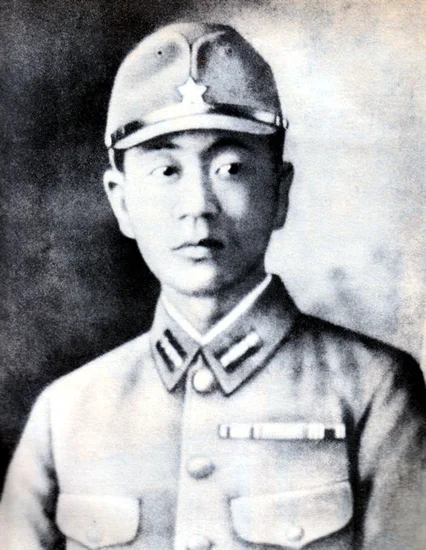
Sergeant Shoichi Yokoi was found hiding in a Guam jungle, where he had survived since World War II ended. His discovery amazed the world and highlighted the war’s lasting psychological impact.
Yokoi’s 28-year isolation demonstrated extraordinary survival skills and unwavering loyalty. His story became a symbol of dedication and the human capacity to endure extreme circumstances.
Cultural and Arts Events on January 24
1984 – Apple Macintosh Debut
Apple Computer revolutionized personal computing by releasing the Macintosh computer in the United States. The user-friendly interface and mouse-driven design transformed how people interacted with computers.
The Macintosh introduced graphical user interfaces to mainstream computing. Its innovative design principles influenced virtually every subsequent personal computer development.
1920 – Amedeo Modigliani Dies
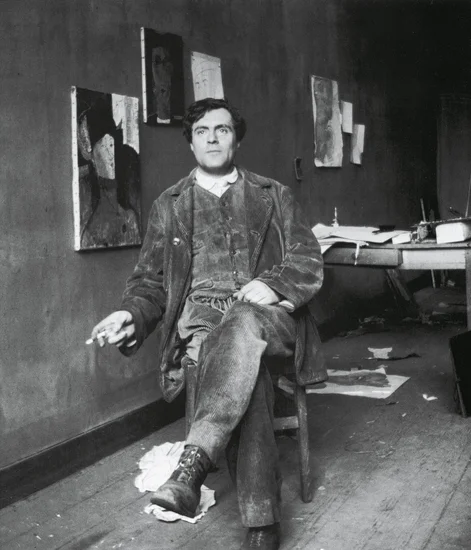
Italian painter and sculptor Amedeo Modigliani passed away at age 35, leaving behind a distinctive artistic legacy. His elongated portraits and sculptures became iconic examples of early 20th-century modernism.
Modigliani’s bohemian lifestyle and tragic early death became legendary in art history. His works now command millions at auction, cementing his status among history’s great artists.
1965 – Winston Churchill Dies
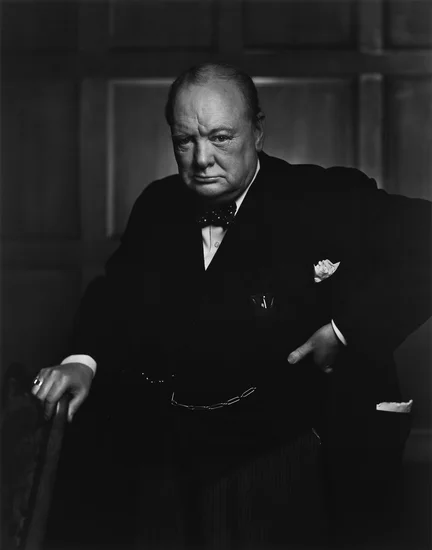
British statesman Winston Churchill died, ending one of the most remarkable political careers in modern history. The wartime Prime Minister and Nobel Prize laureate had led Britain through its darkest hour.
Churchill’s death marked the end of an era in British and world politics. His speeches and writings continue to inspire leaders and citizens worldwide.
Religious and Social Events on January 24
1987 – Forsyth County Civil Rights March
Approximately 20,000 protesters marched through Forsyth County, Georgia, in a massive civil rights demonstration. The peaceful march challenged racial segregation and discrimination in the American South.
The demonstration showed continued commitment to civil rights progress decades after the 1960s movement. Participants demanded equal treatment and opportunities for all Americans regardless of race.
1908 – First Boy Scout Troop Organized

Robert Baden-Powell organized the first Boy Scout troop in England, launching a global youth movement. The scouting program emphasized outdoor skills, citizenship, and character development.
This founding moment created an organization that would eventually reach millions of young people worldwide. The Boy Scout movement became a cornerstone of youth development and community service.
1918 – Gregorian Calendar Adopted in Russia
The Soviet Council of People’s Commissars decreed adoption of the Gregorian calendar, bringing Russia into alignment with the Western world. The change took effect on February 14, New Style.
This calendar reform ended Russia’s isolation from international timekeeping standards. The change reflected the new government’s desire to modernize and westernize Russian society.
Business and Economic Events on January 24
1916 – Federal Income Tax Declared Constitutional
The Supreme Court ruled in Brushaber v. Union Pacific Railroad Co. that federal income tax was constitutional. This landmark decision established the government’s permanent power to tax personal income.
The ruling fundamentally transformed American government financing and federal authority. Income taxation became the primary source of federal revenue, enabling expanded government programs.
1935 – First Canned Beer Sold

Gottfried Krueger Brewing Company began selling the first commercially available canned beer. This innovation revolutionized the beverage industry and changed consumer drinking habits.
Canned beer offered convenience and portability that glass bottles couldn’t match. The innovation eventually transformed beer distribution and consumption patterns worldwide.
2003 – Gianni Agnelli Dies
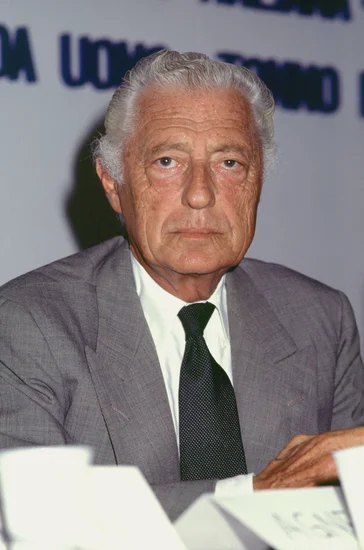
Italian businessman Gianni Agnelli passed away, ending his legendary leadership of the Fiat automotive empire. His death marked the end of an era in European industrial leadership.
Agnelli had transformed Fiat into a global automotive powerhouse during his tenure. His business philosophy and style influenced an entire generation of European industrialists.
Transportation and Infrastructure on January 24
1966 – Air India Flight 101 Crashes
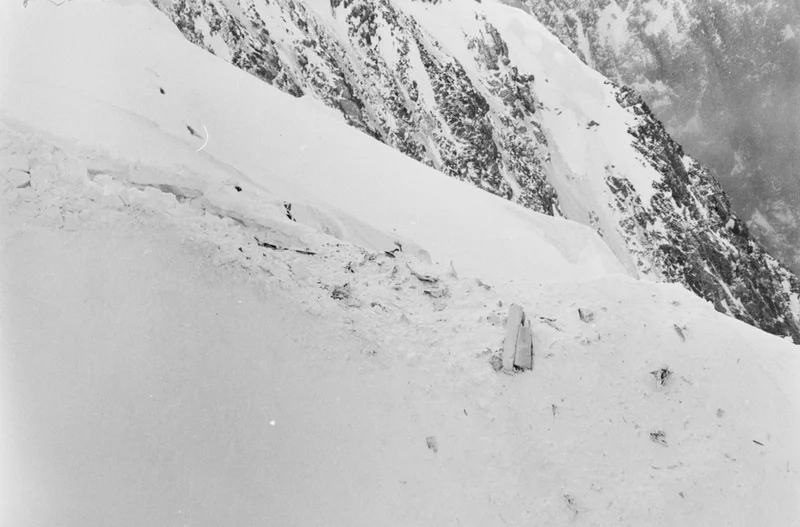
Air India Flight 101 crashed into Mont Blanc, killing all 117 people aboard. The tragedy highlighted the dangers of flying near the world’s highest mountain peaks.
The crash led to improved aviation safety protocols for high-altitude flight routes. Investigation results contributed to better weather monitoring and navigation systems.
2009 – Cyclone Klaus Devastates France
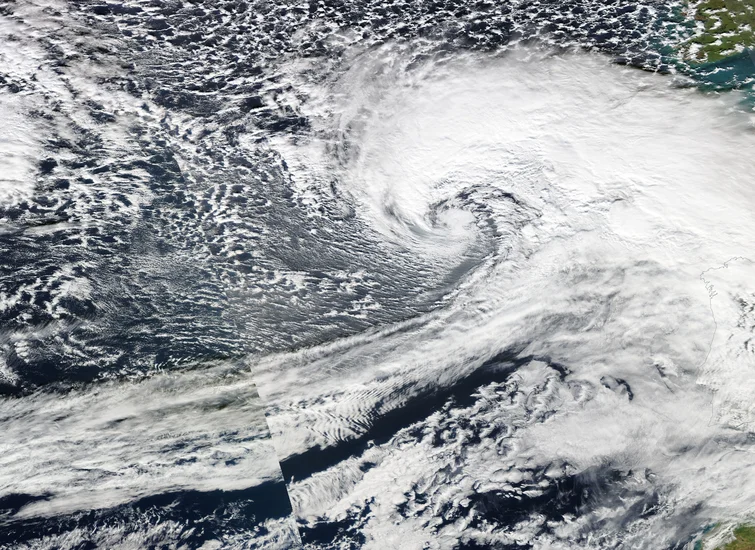
Cyclone Klaus struck southwestern France near Bordeaux, causing 26 deaths and widespread infrastructure damage. The storm disrupted transportation networks and power supplies across the region.
The cyclone demonstrated the increasing severity of European weather events. Emergency response systems were overwhelmed by the storm’s unprecedented power and destruction.
1961 – Goldsboro Nuclear Incident
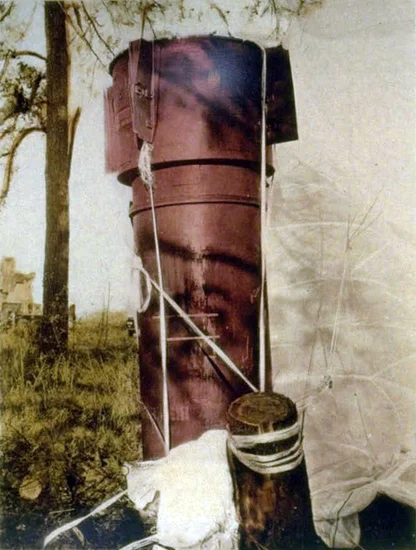
A B-52 bomber carrying two hydrogen bombs broke apart over North Carolina, creating a nuclear crisis. One weapon’s uranium core was never recovered, remaining lost to this day.
The incident revealed serious flaws in nuclear weapons safety protocols. The near-disaster prompted comprehensive reviews of nuclear weapon transportation and storage procedures.
Sports and Recreation on January 24
1972 – Shoichi Yokoi’s Survival Story
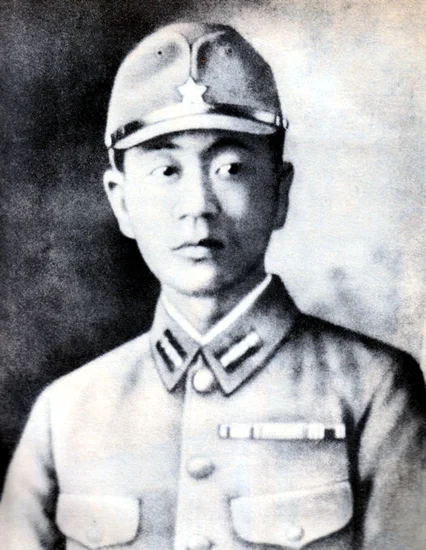
Japanese Sergeant Shoichi Yokoi emerged from hiding in Guam’s jungle after 28 years of survival. His remarkable endurance and primitive living skills amazed survival experts worldwide.
Yokoi’s story became a testament to human resilience and adaptability. His survival techniques and mental fortitude inspired countless adventure enthusiasts and survival specialists.
1989 – Ted Bundy Executed
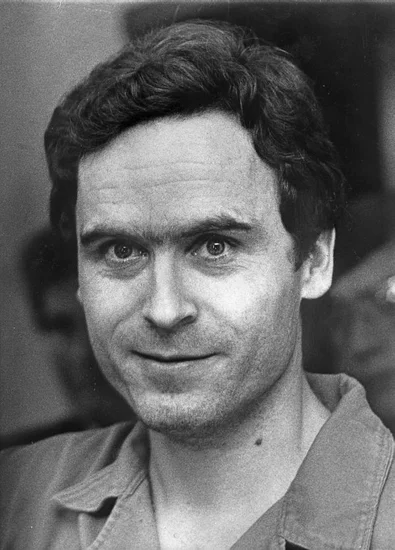
Notorious serial killer Ted Bundy was executed in Florida’s electric chair after confessing to over 30 murders. His execution ended one of America’s most infamous criminal cases.
Bundy’s case revolutionized criminal profiling and forensic investigation techniques. His crimes and capture influenced law enforcement training and victim protection protocols.
2011 – Moscow Airport Bombing

A terrorist bombing at Moscow’s Domodedovo Airport killed 35 people and injured 180 others. The attack targeted Russia’s busiest international airport during peak travel hours.
The bombing prompted comprehensive security reforms at Russian airports. International cooperation on aviation security was strengthened following this devastating attack.
Notable Births on January 24
1941 – Neil Diamond Born
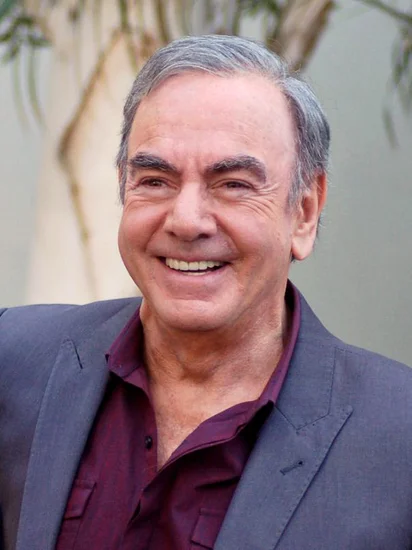
American singer-songwriter Neil Diamond was born in Brooklyn, New York. His childhood exposure to diverse musical styles shaped his distinctive songwriting approach.
Diamond would become one of America’s most successful recording artists. His songs achieved both commercial success and critical acclaim across multiple decades.
1972 – Michio Kaku Born
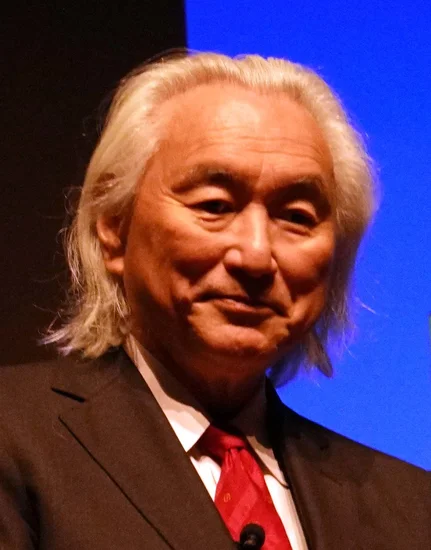
American physicist Michio Kaku entered the world in San Jose, California. His early fascination with science fiction inspired his pursuit of theoretical physics.
Kaku became a leading popularizer of complex scientific concepts. His books and television appearances made advanced physics accessible to mainstream audiences.
1949 – John Belushi Born

American comedian John Belushi was born in Chicago, Illinois. His energetic personality and comedic timing were evident from childhood.
Belushi revolutionized American comedy through Saturday Night Live and film appearances. His performances influenced an entire generation of comedians and entertainers.
1968 – Mary Lou Retton Born

American gymnast Mary Lou Retton was born in Fairmont, West Virginia. Her athletic abilities and determination emerged during early childhood training.
Retton became America’s first Olympic all-around gymnastics champion. Her achievements inspired countless young athletes to pursue gymnastics excellence.
1987 – Luis Suárez Born

Uruguayan footballer Luis Suárez was born in Salto, Uruguay. His passion for football developed during childhood street games.
Suárez became one of the world’s most prolific goal scorers. His technical skills and competitive spirit earned him recognition as a generational talent.
Notable Deaths on January 24
1965 – Winston Churchill Dies

British statesman Winston Churchill passed away in London at age 90. His death marked the end of one of history’s most remarkable political careers.
Churchill’s wartime leadership and literary achievements earned him worldwide respect. His funeral drew representatives from nations across the globe.
1920 – Amedeo Modigliani Dies

Italian painter Amedeo Modigliani died in Paris at age 35. His artistic career was cut short by tuberculosis and years of poverty.
Modigliani’s distinctive style influenced modern art’s development. His elongated portraits became iconic examples of early 20th-century artistic innovation.
1989 – Ted Bundy Executed

American serial killer Ted Bundy was executed in Florida’s electric chair. His death ended a decade-long legal battle and brought closure to victims’ families.
Bundy’s case transformed criminal investigation and profiling techniques. His crimes highlighted the importance of inter-agency cooperation in law enforcement.
1986 – L. Ron Hubbard Dies
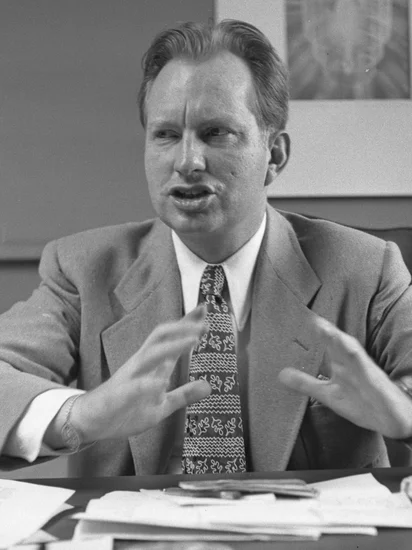
American religious leader L. Ron Hubbard passed away at age 74. His death created uncertainty about the future of Scientology’s organizational structure.
Hubbard’s controversial teachings and methods had attracted both devoted followers and fierce critics. His legacy remains deeply divisive in religious and legal circles.
1993 – Thurgood Marshall Dies
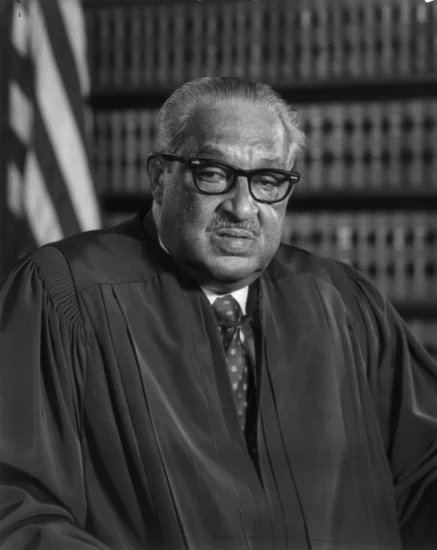
American Supreme Court Justice Thurgood Marshall passed away at age 84. His death marked the end of a pioneering legal career in civil rights.
Marshall’s advocacy work dismantled legal segregation in American education. His Supreme Court service advanced civil rights and social justice causes.
Holidays and Observances on January 24
Day of the Unification of the Romanian Principalities
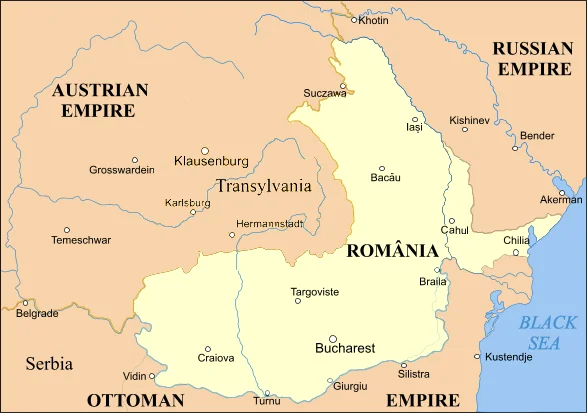
Romania celebrates the historic union of Moldavia and Wallachia in 1859. This national holiday commemorates the formation of modern Romania under Alexandru Ioan Cuza.
The unification created the foundation for Romanian independence and sovereignty. Citizens honor their nation’s struggle for unity and self-determination.
National Girl Child Day in India

India observes National Girl Child Day to promote girls’ rights and education. The day raises awareness about gender inequality and discrimination against female children.
Educational programs and campaigns highlight the importance of girls’ empowerment. The observance encourages families and communities to value daughters equally with sons.
Feast of Francis de Sales

Christian churches honor Saint Francis de Sales, patron saint of writers and journalists. The 17th-century bishop advocated for gentle spiritual guidance and accessible religious writing.
His teachings emphasized kindness and patience in spiritual matters. Religious communities worldwide celebrate his contributions to Christian literature and pastoral care.
